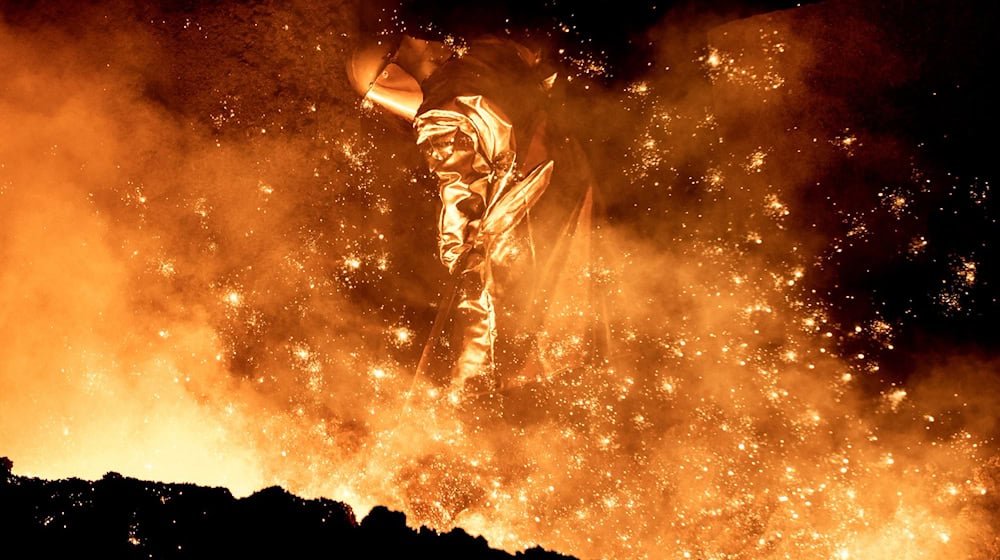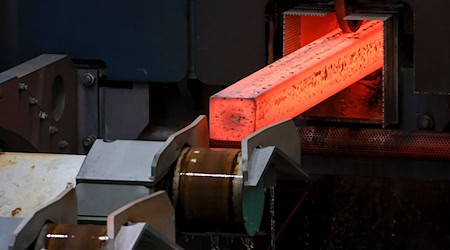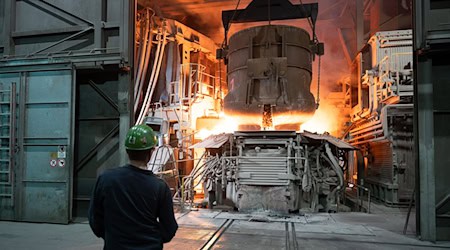Employers and IG Metall have reached an agreement in the wage negotiations for the East German steel industry. The union announced that pay for around 8,000 employees will increase by 1.75 percent as of January 1, 2026. The training allowance will increase by 75 euros per month. The collective agreement runs until December 31, 2026.
The negotiation package also includes the extension of the collective agreements on job security, work contracts and partial retirement. Among other things, these agreements secure the employment of trainees, allow for a reduction in working hours to up to 28 hours with partial compensation as well as regulations on working time accounts and partial retirement. The result is still subject to the approval of the collective bargaining commission and the IG Metall executive board.
"Tough negotiations" and an appeal to politicians
IG-Metall district manager Jan Otto spoke of "tough negotiations". "In the end, we achieved a result that makes an important contribution to security for employees and to stabilizing incomes." Now the federal government must provide relief with an industrial electricity price.
Both sides met for the fourth round of negotiations on Thursday. An agreement for the northwest German steel industry had already been reached in the night of October 1. The chances were therefore good that there would also be a result for the eastern German steel industry.
The peace obligation had already expired and warning strikes had been possible since October 1. The next wage negotiations are still pending for the Saarland steel industry.
Crisis in the steel industry
The German steel industry is suffering from the crisis in customer industries, especially the automotive industry. Added to this are higher energy prices, cheap imports from China and the costs of converting to more climate-friendly steel production. High tariffs on steel imports to the USA are also causing problems for the industry. Industry heavyweights such as Thyssenkrupp are planning to cut thousands of jobs.
Copyright 2025, dpa (www.dpa.de). All rights reserved










